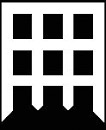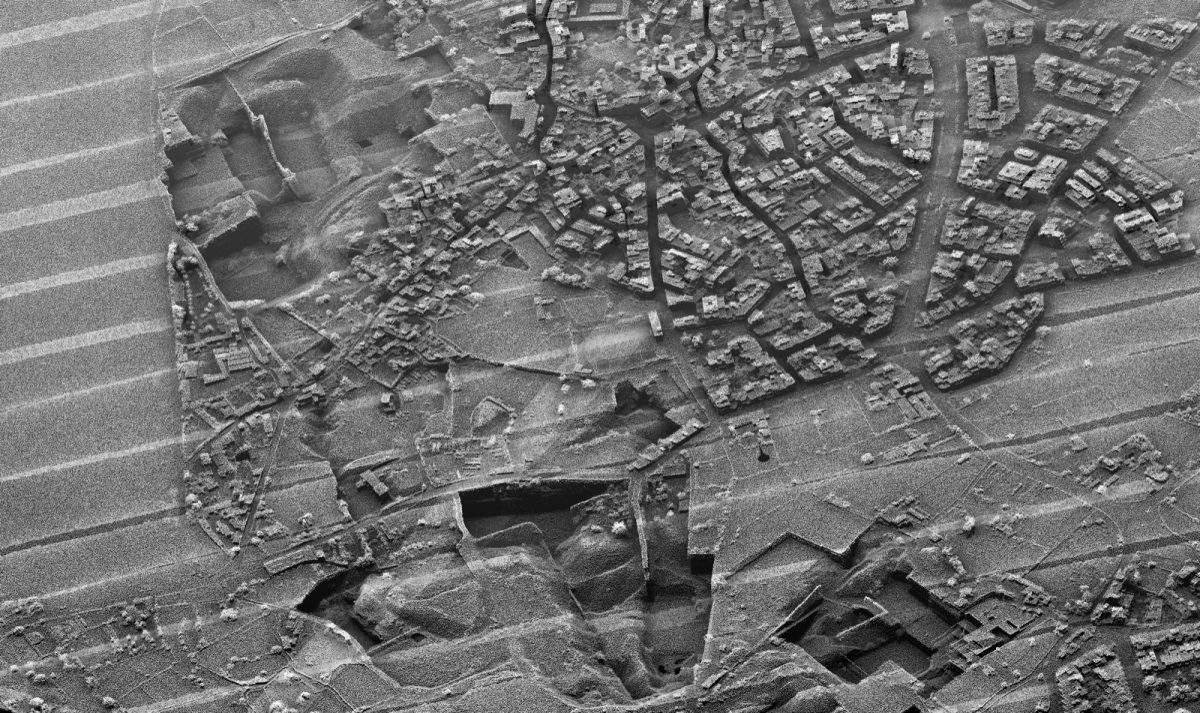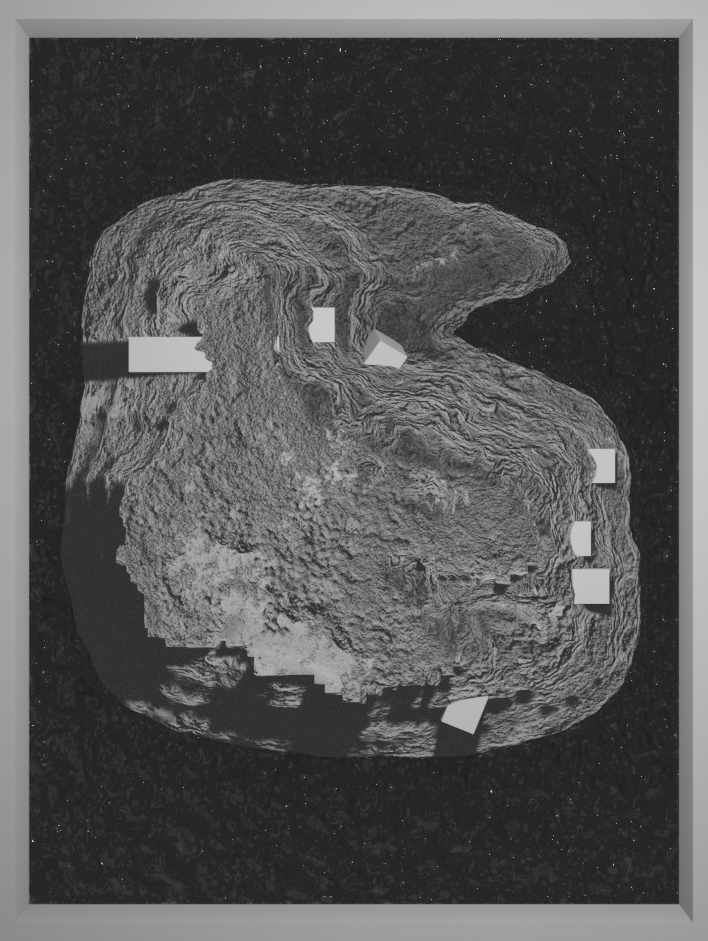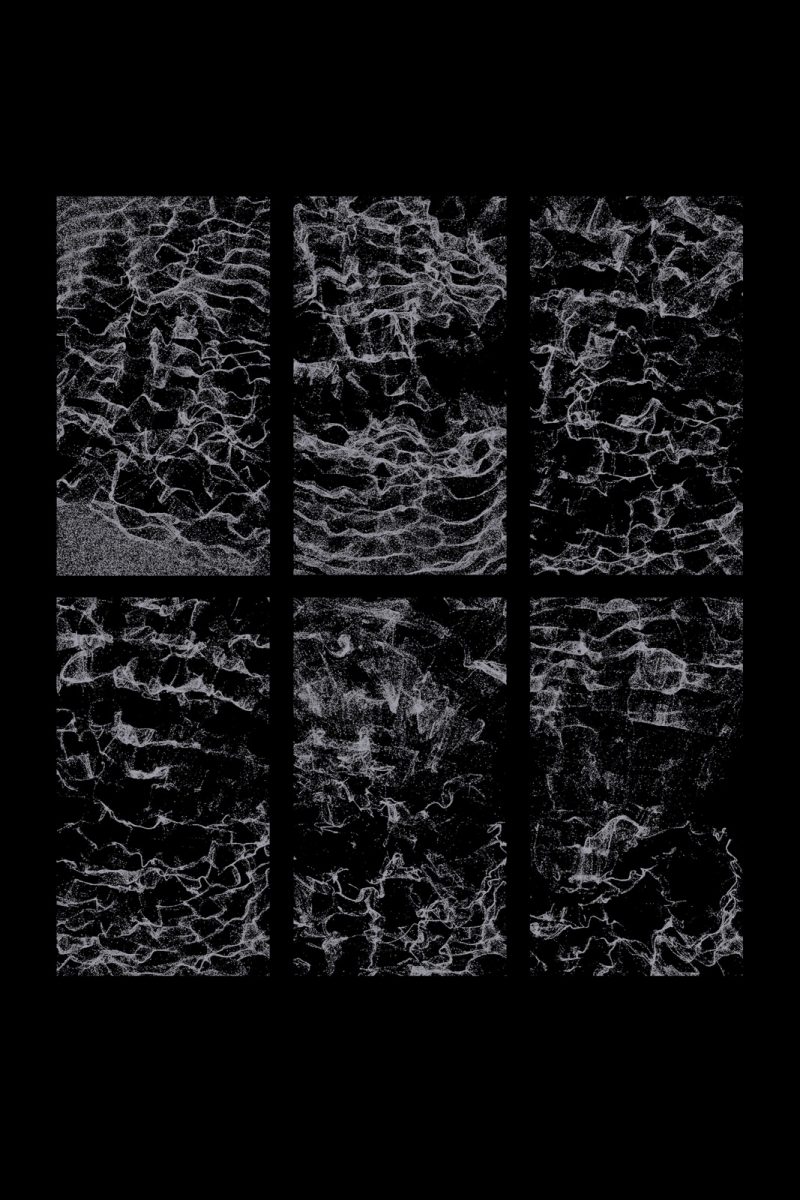Untitled
Landscapes of extraction are agents of displacement and deposition through which deep geological time is disrupted for any form of anthropocentric motive. This active relationship between humans and ground is not a linear process of creating negative and positive space, but a complex system controlled by several entities, all of which impact the distribution of the mass being displaced. Taking the Maltese scenario as a main reference, where a growth in the construction industry, over-extraction of stone and an increase in imported materials have led to questions related to identity, legibility, meaning and legacy, this thesis project is centred around a product of limestone extraction, which is often unaccounted for – dust and airborne particulate matter. Significant losses in volume arise as stone is extracted, processed and transported as it morphs into a built form, as dust is released into the atmosphere. This open-ended project sees dust as an agent in a temporary state of flux, and speculates the potential creation of eventual architectures or landforms from this material. By looking across multiple scales of time and various levels of control, different mechanisms of collection, deposition and transformation are explored to question the possibility of the creation of new (land)forms serving as a testament to extraction.






